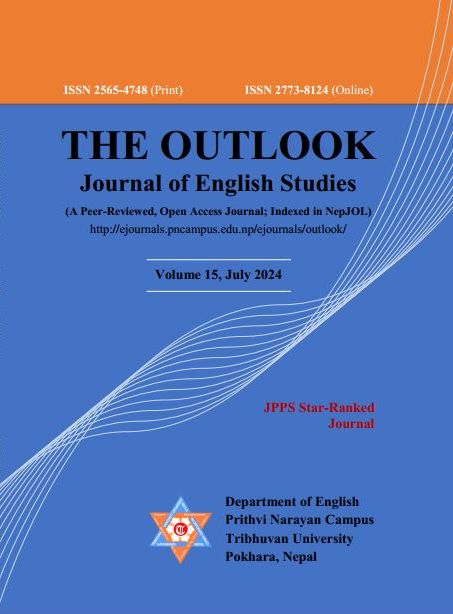Colonialism and Environmental Degradation in Chinua Achebe’s Things Fall Apart: An Ecocritical Perspective of Development
DOI:
https://doi.org/10.3126/ojes.v15i1.67767Keywords:
Ecocriticism, colonialism, environmental degradation, ecological consciousnessAbstract
This paper aims to analyse the dichotomy between colonialism and environmental degradation, which is presented in the novel Things Fall Apart by Chinua Achebe. The paper claims that colonialism and modern development destroy the nature and native culture. The main mission of colonizers is to create political, imperial, and economic hegemony over the country. However, it has negative impact on nature, forestry, animal kingdoms, and cultural wilderness. For the theoretical perspective, the paper borrows ideas from Cheryll Glotfelty and Greg Garrard's about ecological consciousness and environmental literature. The arrival of the British colony in India caused terrible deforestation and cultural fall. It is a textual analysis of the novel. The paper concludes that colonialism through its infrastructural development caused deforestation and loss of natural and cultural wilderness.
Downloads
Downloads
Published
How to Cite
Issue
Section
License

This work is licensed under a Creative Commons Attribution-NonCommercial 4.0 International License.
This license enables reusers to distribute, remix, adapt, and build upon the material in any medium or format for noncommercial purposes only, and only so long as attribution is given to the creator.

